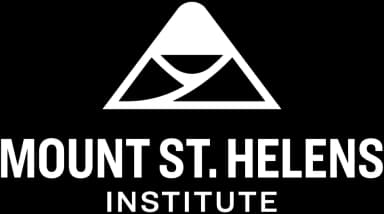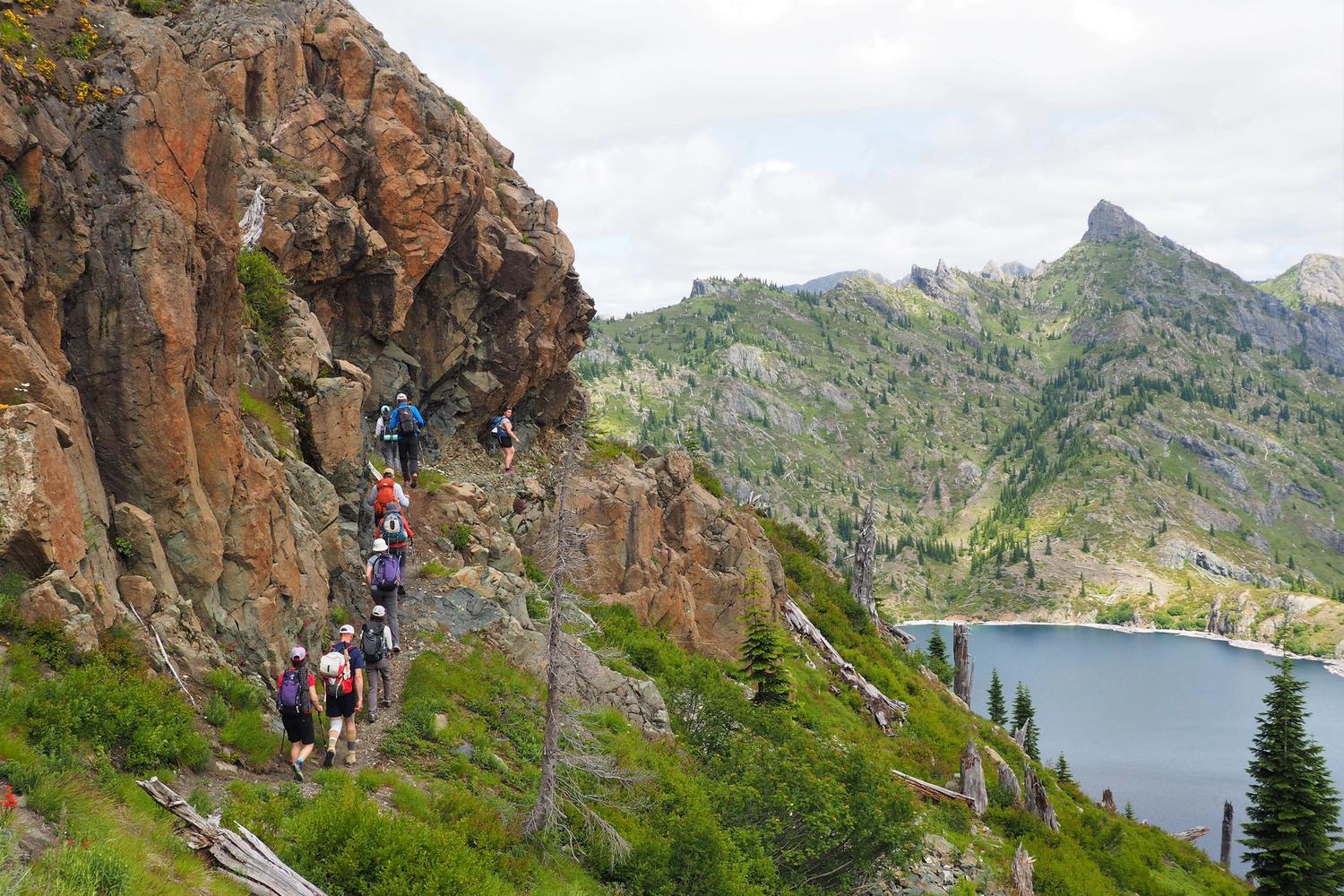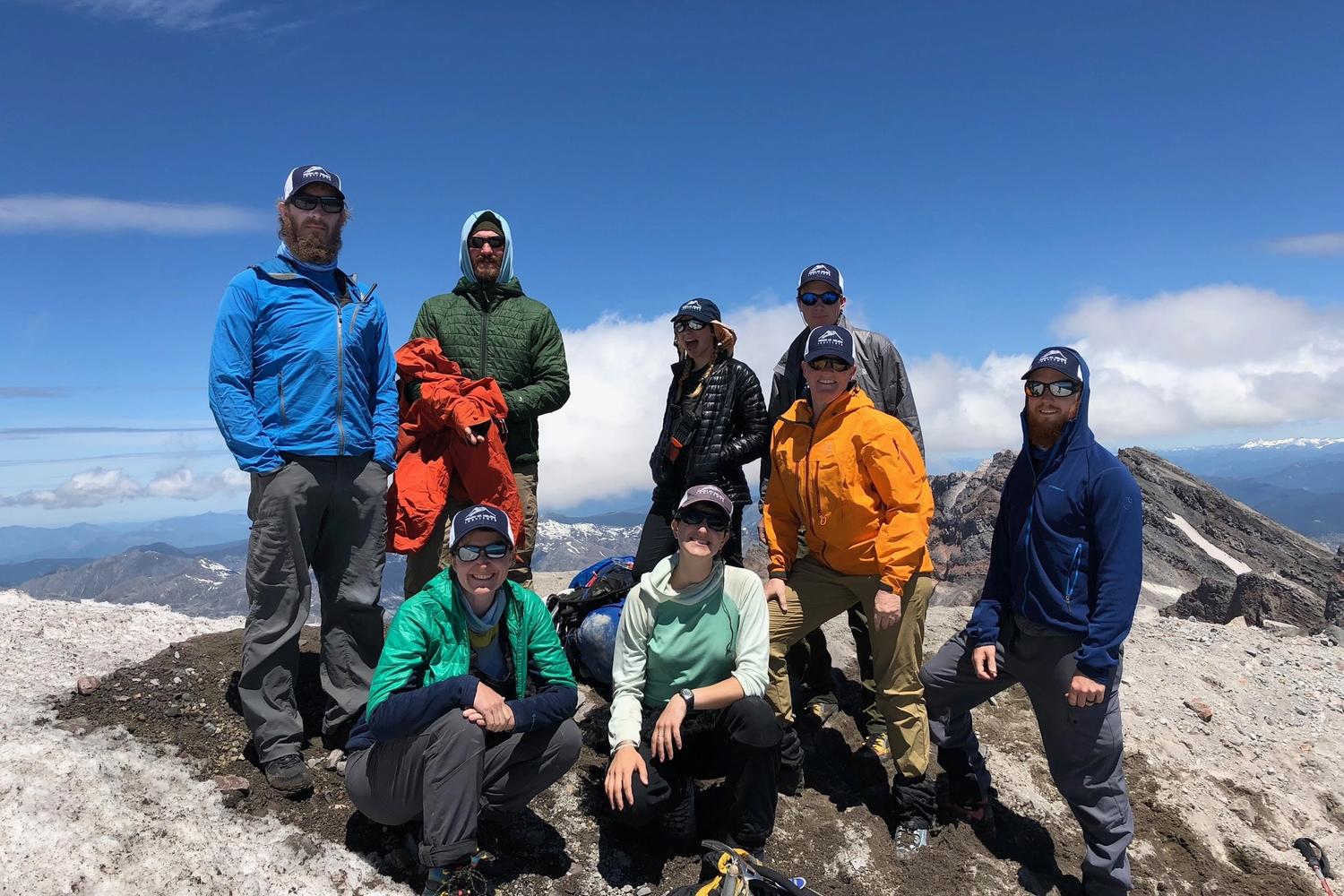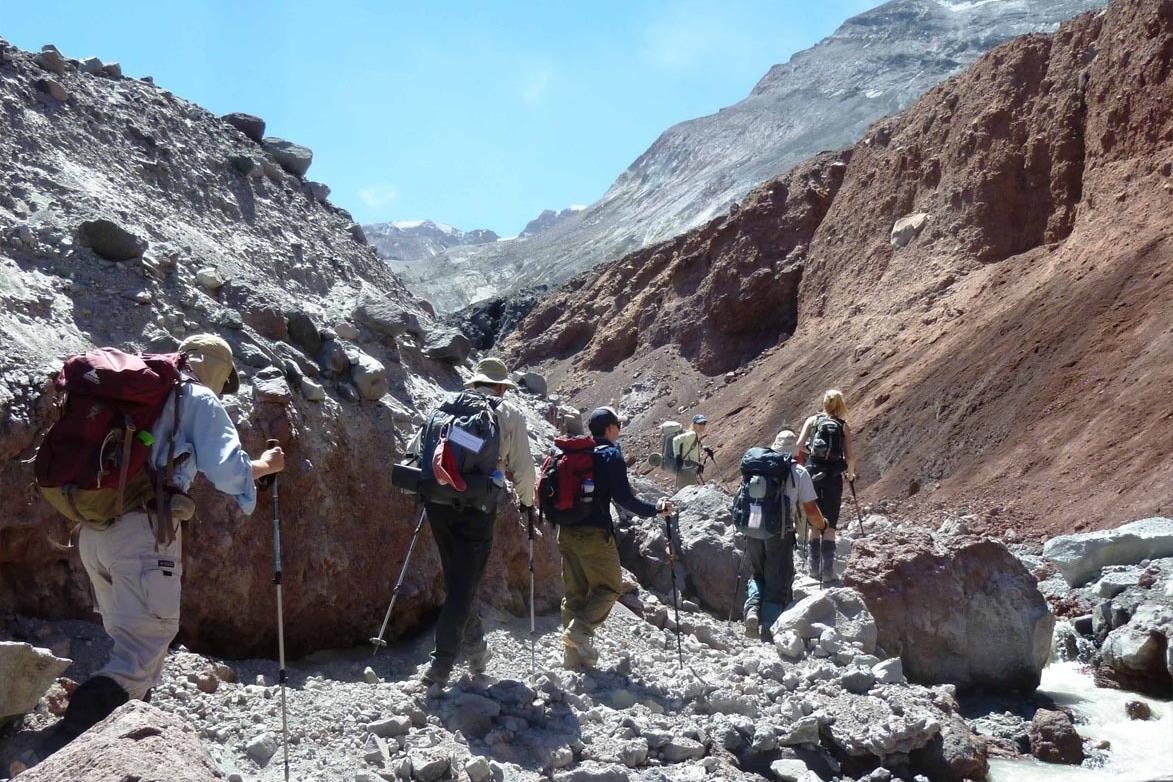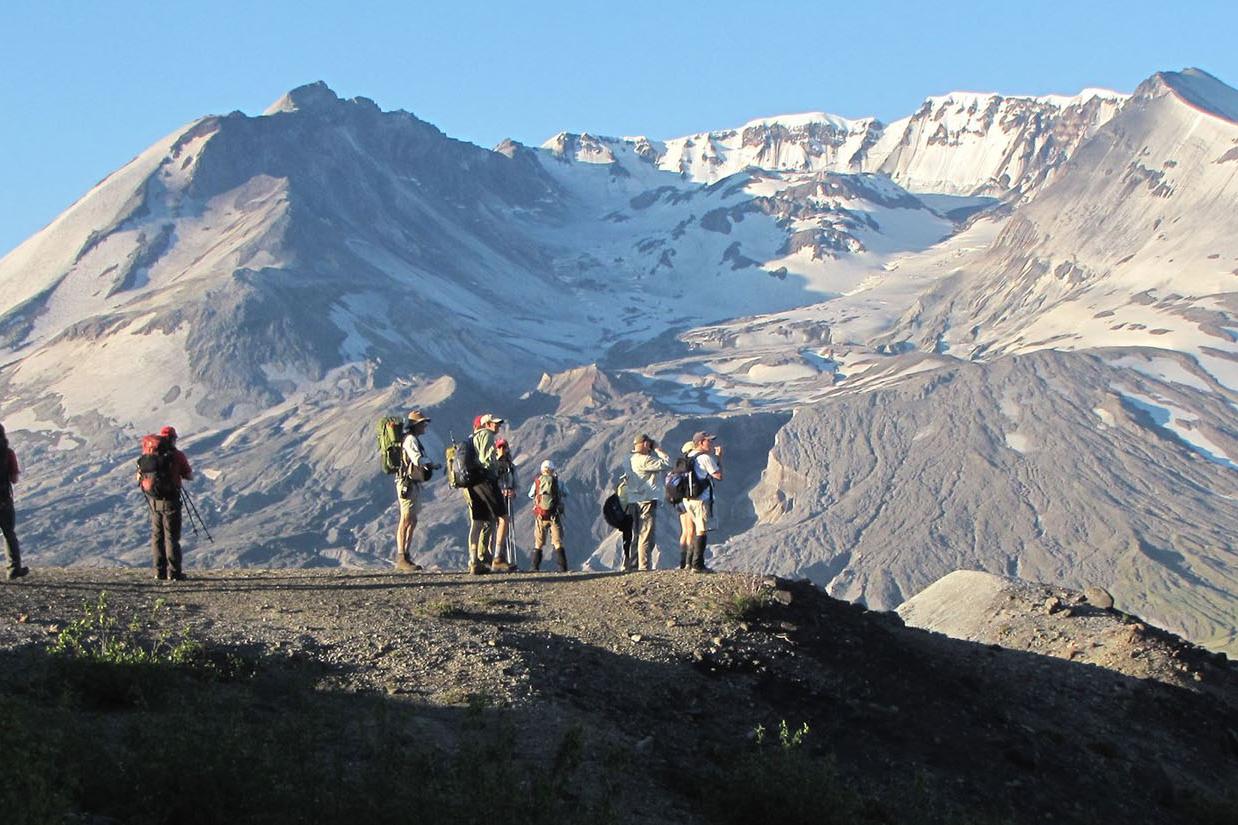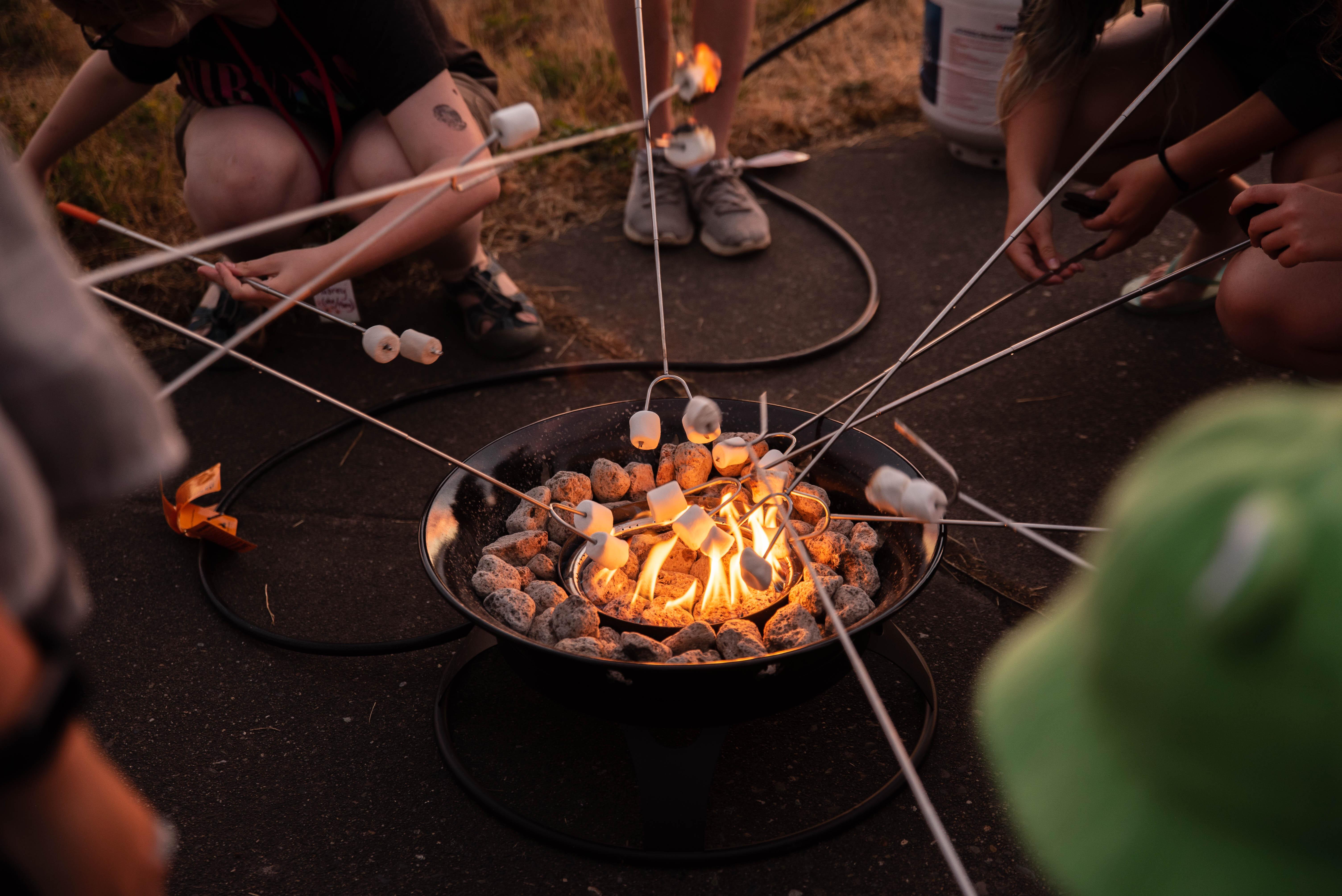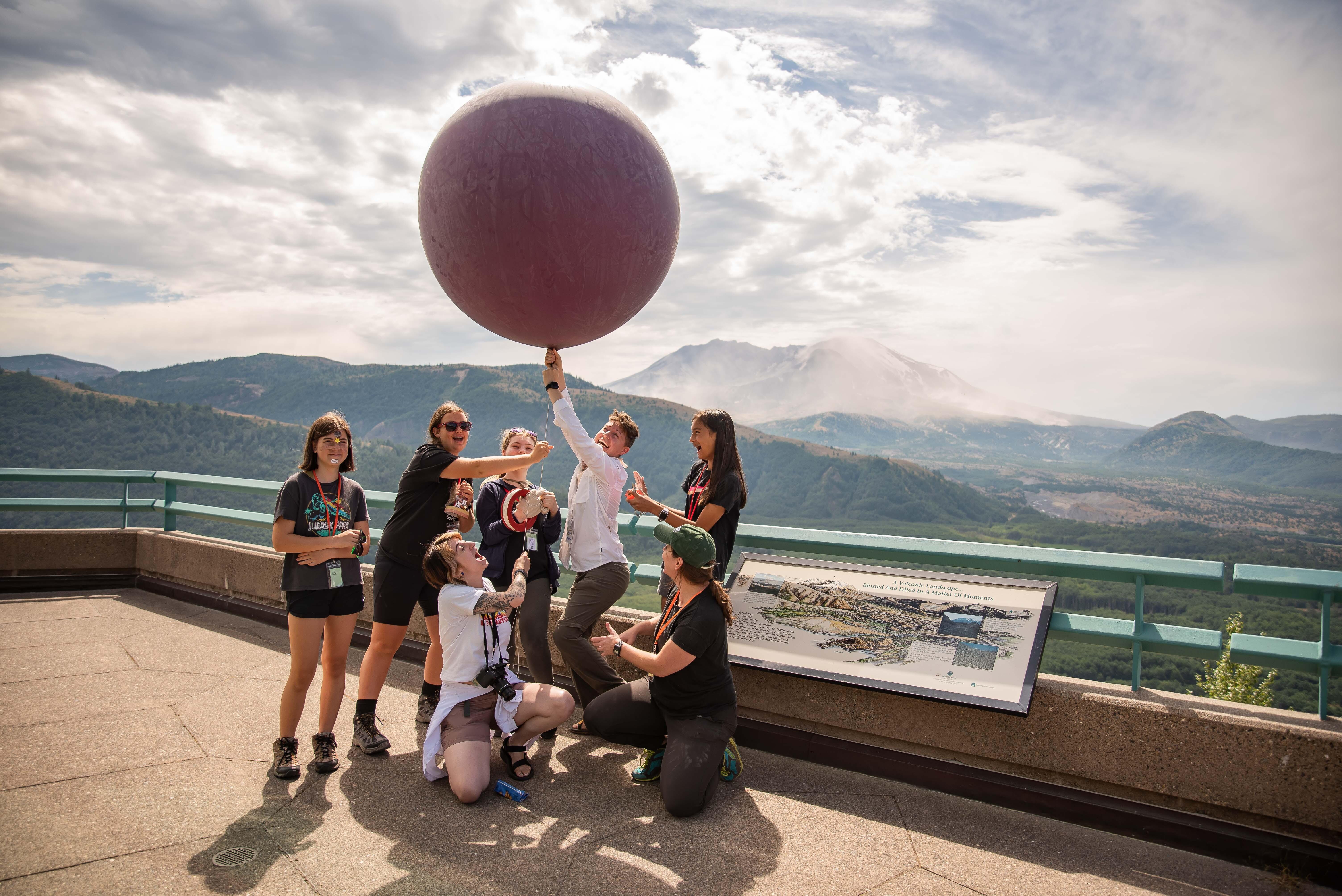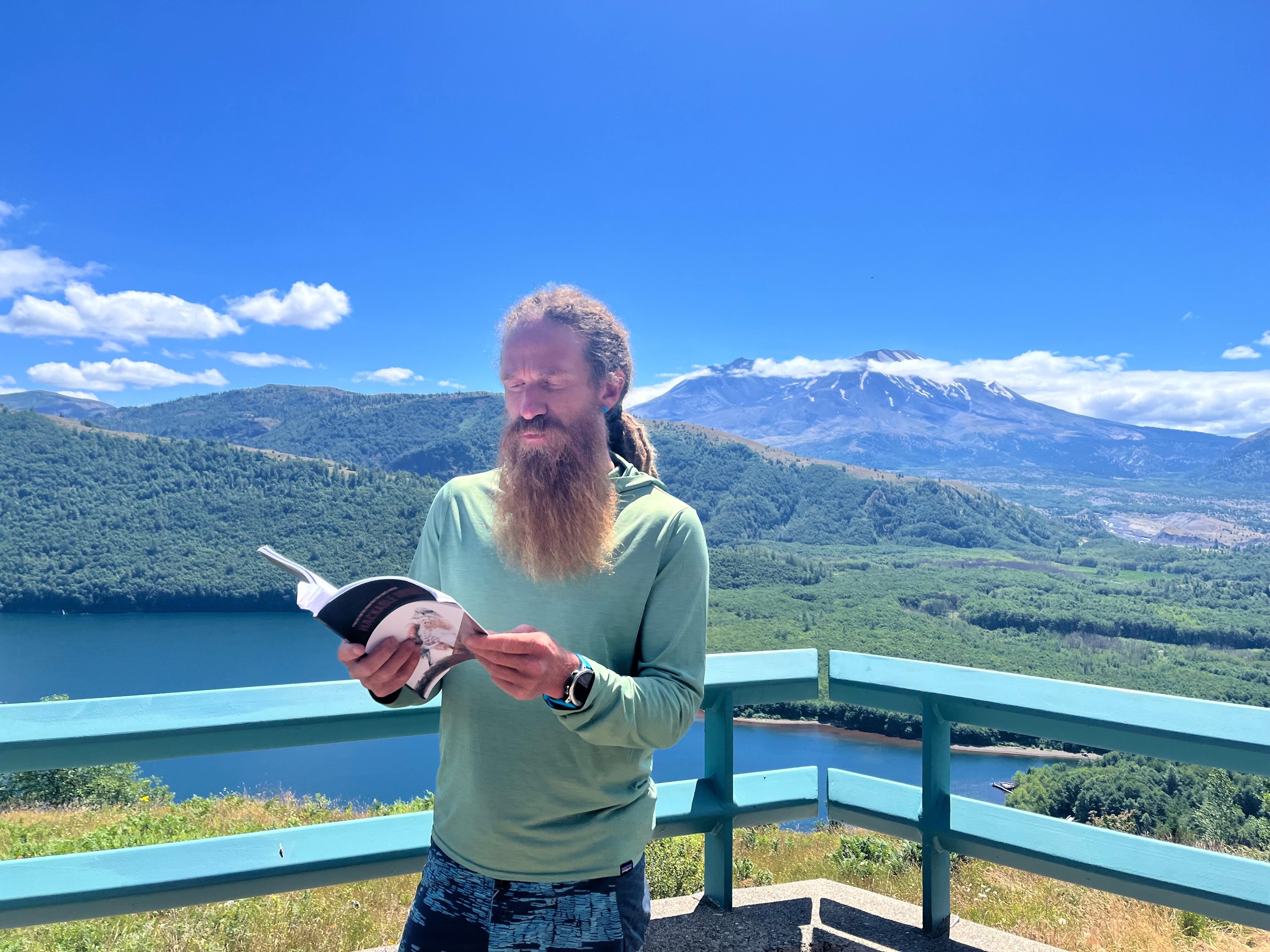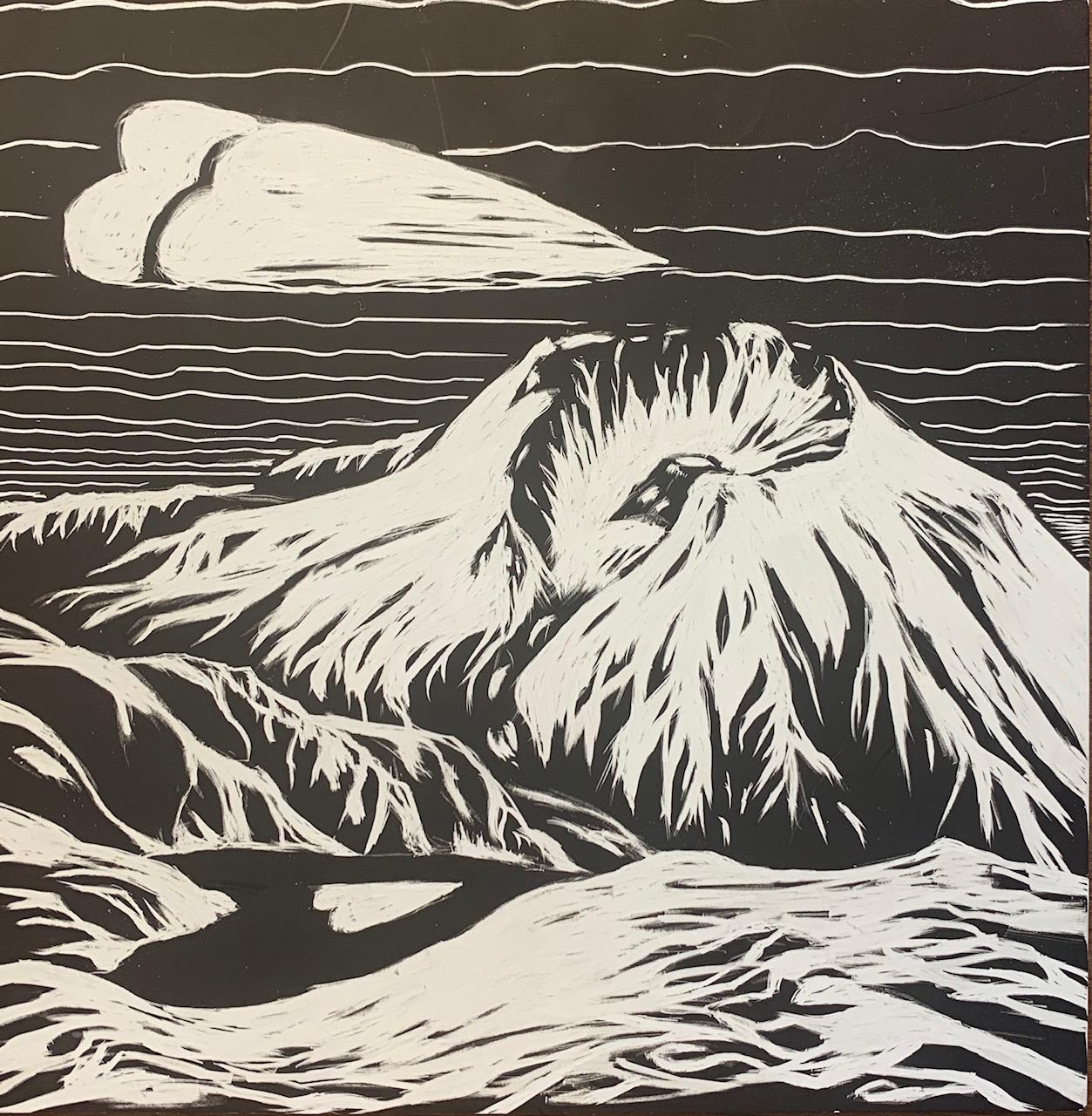We use cookies to improve your website experience. Essential cookies are required for the site to function properly, while analytics cookies help us understand how visitors use our site to make improvements. You can choose to accept all cookies or only the essential ones.
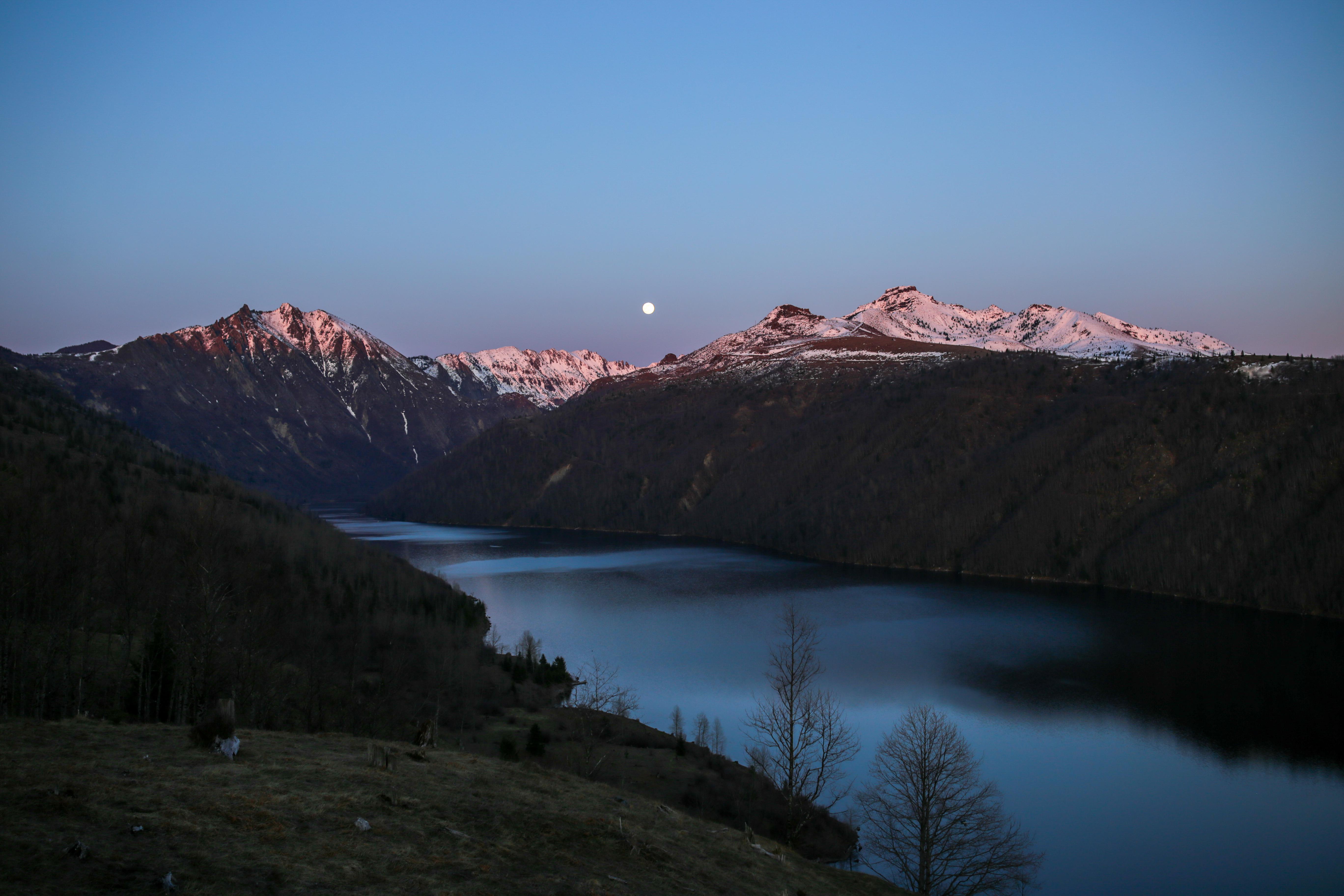
Discover the Institute
Mount St. Helens Institute offers a variety of programs for curious folks of all ages
Field Trips with Mount St. Helens Institute are a BLAST!
Students join us on the mountain for unforgettable adventures, hands-on field science, and standards-aligned curriculum. Find out more!


Guided Adventures
Join us on an unforgettable adventure with expert guides, guest geologists, and jaw-dropping scenery.
Camps and Campouts
Join us for unforgettable overnight programs at Mount St. Helens! Campouts are fee-based overnight events for families and community members; GeoGirls is a free camp for middle school age girls.
Volunteer
Have fun, explore the outdoors, share nature with others, and become a volunteer.
Mount St. Helens Institute volunteers have helped visitors from all over the world explore and learn about Mount St. Helens for over 20 years. They build the connection between person and place by engaging and teaching people of all ages and help everyone enjoy and appreciate this spectacular volcanic landscape.
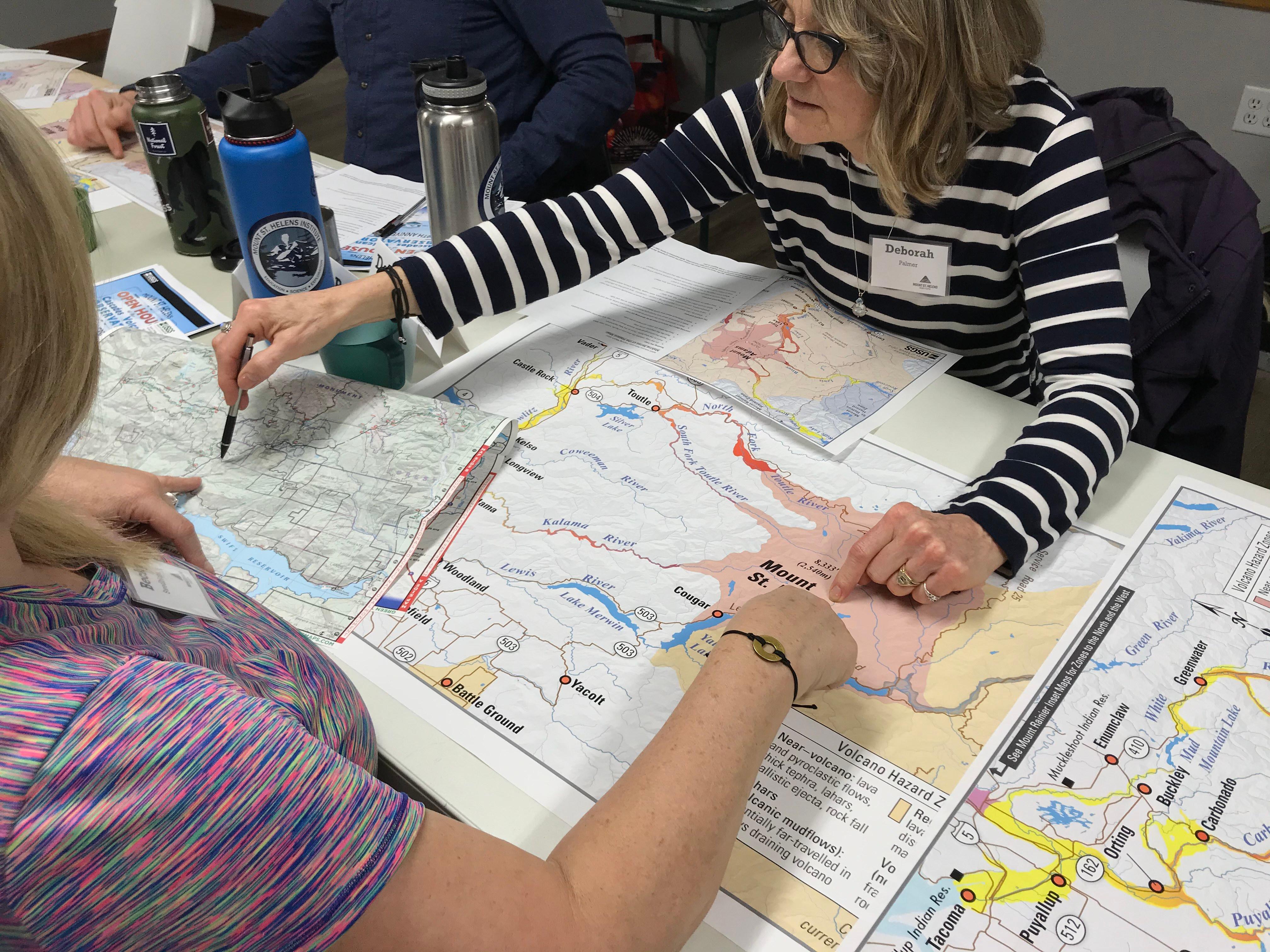
Community Learning Opportunities
Mount St. Helens Institute offers a variety of community education opportunities virtually and around the region.
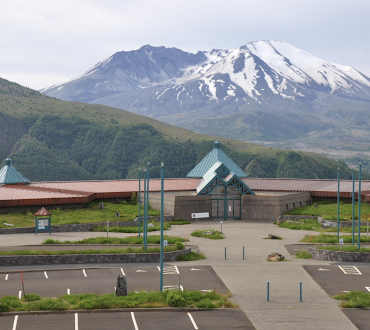
Rent Our Facility
Rental options include the Science and Learning Center, Coldwater Field Camp, and Field Camp at Cascade Peaks.
Arts and Humanities
Mount St. Helens is more than just science! Check out our summer Artist in Residence opportunities and works of art inspired by the mountain.
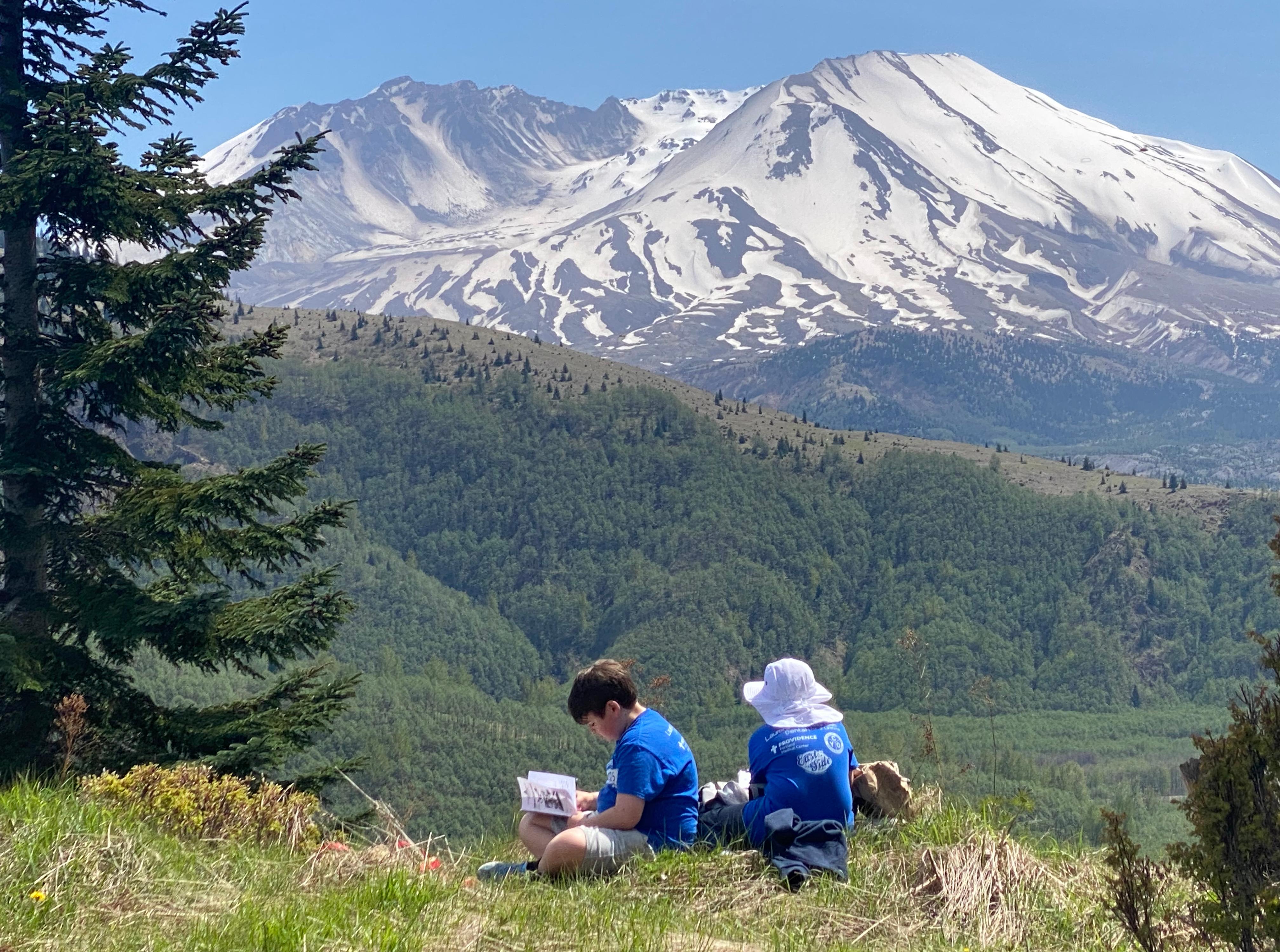
Resources
There is so much to learn at Mount St. Helens! Visit our learning resources page for online lessons, recommended websites for learning, science curricula, books, and more!
FAQ
What does the Mount St. Helens Institute do?
MSHI provides high quality hands-on science education field trips and programs in the blast zone of Mount St. Helens, supports participants on guided adventures through guided programs at the volcano, and manages over 300 volunteers that interact with visitors from around the world at the Mount St. Helens National Volcanic Monument and surrounding areas.
Where are your programs held?
Mount St. Helens is a big place!
Our youth education programs, youth and community campouts are held at the Science and Learning Center at Coldwater, about 12 miles northeast of Mount St. Helens.
Our guided adventures take place all around Mount St. Helens: Windy Ridge and Cascade Peaks on the east, the Hummocks and Johnston Ridge Observatory on the northwest, and Marble Mountain, Climber's Bivouac, and Pine Creek on the south.
Our volunteers work all around the Monument from the Mount Margaret Backcountry to Ape Cave and everywhere in between! We also have volunteers at the Washington State Parks' Mount St. Helens Visitor's Center in Castle Rock, Washington.
Our administration office is located at the Mount St. Helens National Volcanic Monument headquarters in Amboy, Washington.
When will the road to Johnston Ridge Observatory open?
Johnston Ridge Observatory is a visitor's center managed by the U.S. Forest Service. A landslide in May 2023 took out a bridge on state highway 504 and cut off access to the facility. A temporary bridge was installed during the summer of 2023 but failed within a few months. Mount St. Helens is a dynamic landscape!
Washington State Department of Transportation, who maintains highway 504, anticipates that the road and bridge will be repaired by fall 2026, with public access to Johnston Ridge Observatory potentially being restored in late spring 2027.
Can anyone go into the crater of Mount St. Helens?
Mount St. Helens Institute operates under a special use permit from the U.S. Forest Service, which permits them to provide guided services all around Mount St. Helens and into the crater. Scientists who do research on the volcano also operate under special permit to access their equipment in the crater.
Is Mount St. Helens important to any indigenous tribes?
Yes! Mount St. Helens Institute is honored to work on the Traditional Cultural Property, ancestral and present day lands of the Cowlitz Indian Tribe and the Confederated Tribes and Bands of the Yakama Nation.
You can hear more about this from Tanna Engdahl, the spiritual leader of the Cowlitz Tribe:
For more on native lands, visit https://native-land.ca
How is the land at Mount St. Helens managed today?
The Mount St. Helens National Volcanic Monument is managed by the U.S. Forest Service. Many organizations work together to steward the landscape around Mount St. Helens, including the Cowlitz Indian Tribe and Mount St. Helens Institute.
The Mount St. Helens National Volcanic Monument is unique in that it was created by congress in 1982 to be a place for research, recreation, and education, and to recover from the 1980 eruption with minimal human interference.
Why does MSHI charge sales tax on some programs?
Due to changes in Washington State law in 2025, MSHI is required to pay sales tax on certain retail and service activities. This is a change from previous years; thank you for your ongoing support!
MSHI does awesome work! Can I donate?
Yes!
Mount St. Helens Institute is a 501(c)(3) nonprofit. You can donate funds, stock, in-kind donations, or leave a bequest to our organization. We couldn't do what we do without our donors! For more information, visit our support page.
